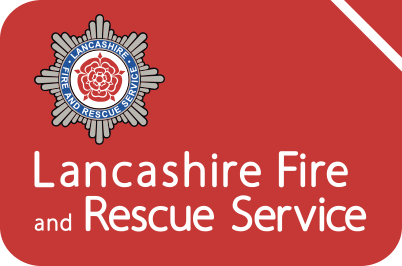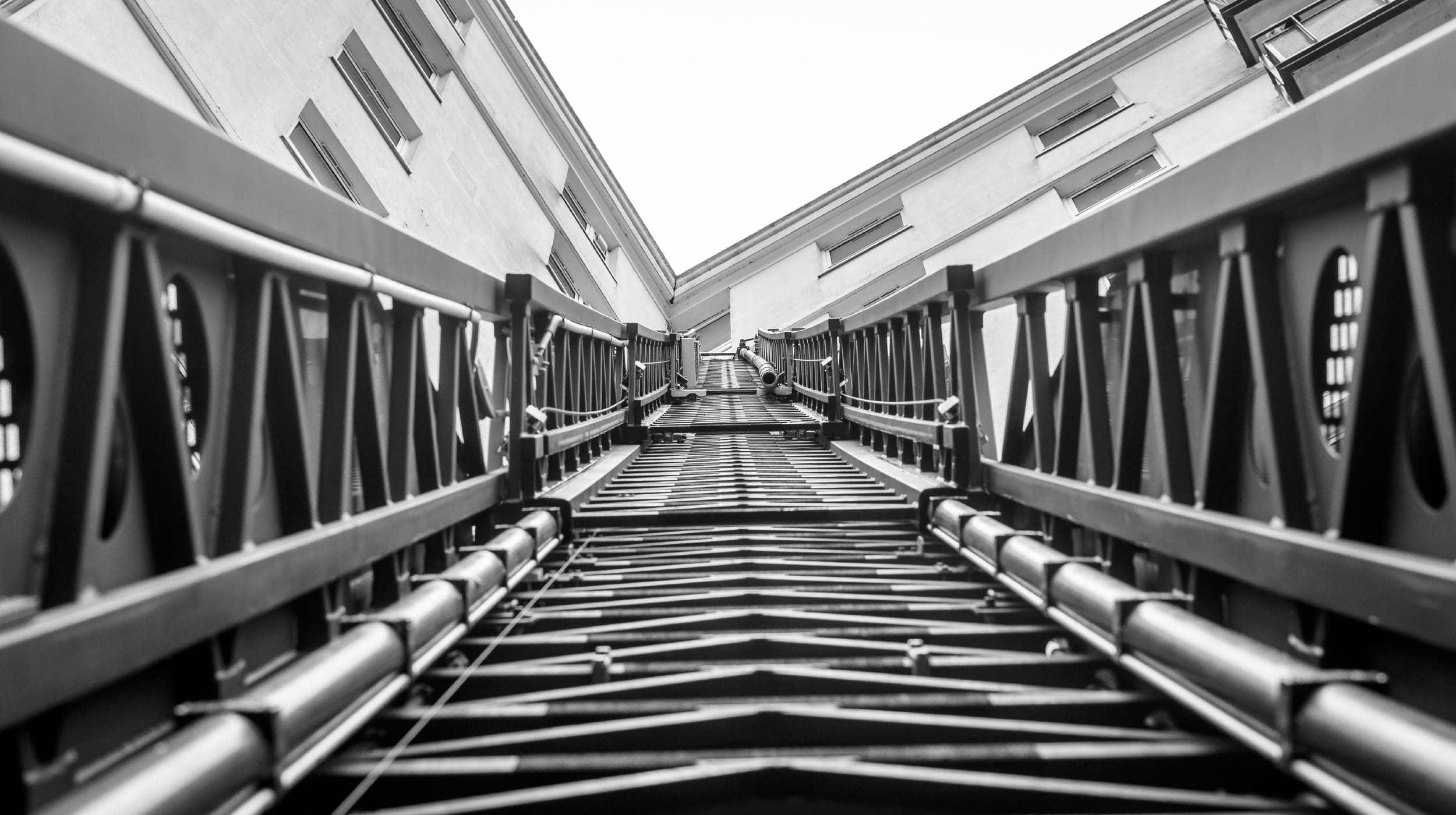Stay Safe While Working
During the working day, remember to take regular breaks away from your screens. This helps to prevent eye strain and reduce headaches.
It’s important to stay hydrated while working. But do not place drinks near electrical equipment – water and electricity do not mix!
If using a laptop, these work much better on hard and flat surfaces. Soft surfaces like duvets or blankets (or even your lap) do not allow the computer to ventilate and regulate its temperature.
Many work devices have power cords, especially while charging mobile devices. These can be a trip hazards, so be careful when moving around your work environment.
During your dinner break, try not to get distracted while cooking. If you use the hob, stay with your food, and turn the hob off if you need to leave, e.g., if the phone rings.





